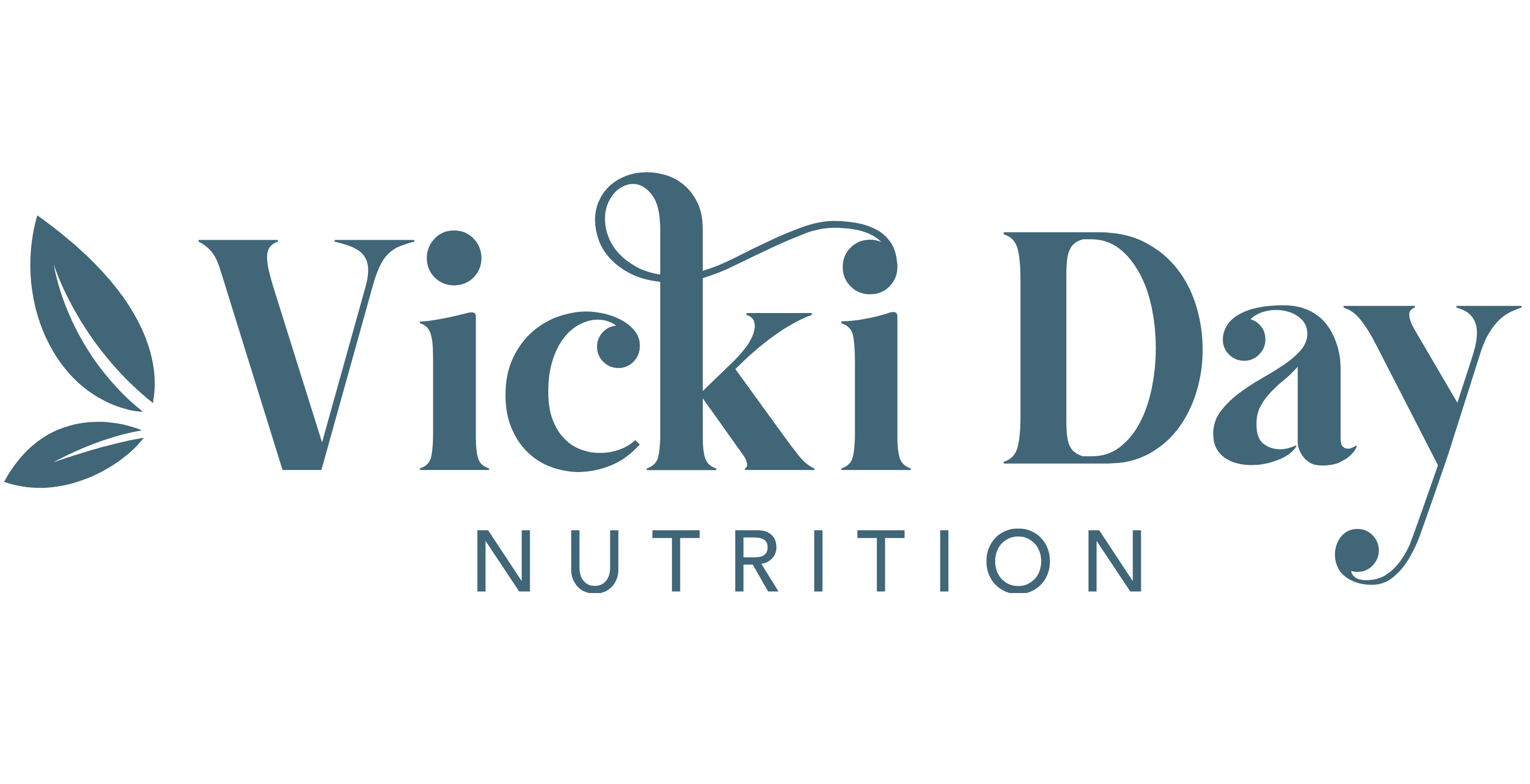Energy – The elixir of life
- Vicki Day

- Nov 9, 2025
- 4 min read
"Everything is energy and that’s all there is to it." – Albert Einstein

When we say we feel “good,” we usually mean we feel energised. We wake up clear-headed, our body feels capable, and our mind is steady. When we don’t have energy, even simple tasks can feel like climbing a hill.
Fatigue is incredibly common - whether from lack of sleep, stress, overwork, under-eating, hormonal shifts, or illness. Understanding what energy actually is can help us know how to support it.
What is energy?
At a biological level, energy is how our body powers every single process, from thinking and breathing to digesting food and repairing cells. Inside each of our trillions of cells are tiny structures called mitochondria, often referred to as the “powerhouses” of the cell.
These mitochondria take nutrients from the food we eat (mainly glucose and fats) and, through a series of chemical reactions, turn them into ATP (adenosine triphosphate) - the body’s energy currency. Every heartbeat, every blink, every moment of focus uses ATP.
However, when our mitochondria are under strain from chronic stress, toxins, nutrient deficiencies, lack of sleep, or inflammation their ability to produce energy can falter. Supporting mitochondrial health, therefore, is at the heart of supporting our energy.

The body is clever with energy
Our body is remarkably efficient. When energy is in short supply, it cleverly prioritises essential processes - keeping vital organs going while dialling down less urgent functions, like hair growth, fertility, or digestion. This is why chronic tiredness can sometimes come with symptoms like poor concentration, low mood, sluggish digestion, or changes to the menstrual cycle.
Supporting energy isn’t just about “boosting” it; it’s about ensuring the body feels safe, nourished, and balanced enough to share energy across all systems.
Eating for energy and vitality
Food is one of our most powerful tools for sustaining steady energy throughout the day. Here are some key foundations:
1. Balance your blood sugar
Glucose (from carbohydrates) and fats are the raw materials our cells use to make ATP. However, not all sources of glucose are equal. Refined carbohydrates and processed foods release sugar rapidly into the bloodstream. The body can only safely keep about one teaspoon (around 5g) of sugar in the blood at any time. Excess sugar triggers a surge of insulin, the hormone that moves sugar into cells for use or storage.
When too much insulin is released too quickly, blood sugar can then drop sharply leading to tiredness, cravings, irritability, and the familiar mid-morning/afternoon slump.
Top tips for steady energy:
Choose whole foods that release energy slowly: think vegetables, oats, quinoa, beans, squashes, and sweet potatoes.
Combine them with protein, healthy fats, and fibre in every meal to slow sugar release.
Avoid relying on sugary snacks and caffeine to “push through” dips - they only perpetuate the rollercoaster.

2. Take Breaks from Eating
Constant grazing keeps our digestive system busy, and digestion itself requires energy. Allowing time between meals gives your body a chance to focus on other vital processes like detoxification and cellular repair.
Try a gentle rhythm of three balanced meals and perhaps one snack if needed and aim for at least a 12-hour overnight fast between dinner and breakfast to support cellular “housekeeping.”
3. Hydrate
Every cell reaction that makes energy depends on water. Even mild dehydration can cause fatigue, poor concentration, and even headaches. Aim for around 1.5–2 litres of water or herbal teas daily, and more if you’re exercising or it’s hot. Adding a pinch of mineral-rich salt or electrolytes can be helpful if you sweat a lot.
Lifestyle foundations for energy

Sunlight
Sunlight, especially the red and infrared wavelengths found in morning and late afternoon light directly supports mitochondrial energy production. It helps them create more ATP and also synchronises our circadian rhythm, the internal body clock that regulates sleep and wakefulness.
Try to get natural light on your eyes and skin (without sunglasses or sunscreen) for at least 10–15 minutes in the morning to help set your energy rhythm for the day.
Movement
Regular movement is one of the best ways to build more energy. Exercise literally increases the number of mitochondria in your cells and more mitochondria means more ATP, and more ATP means more vitality.
You don’t need intense workouts to benefit. Brisk walking, gentle strength training, dancing, or yoga all encourage better energy production and circulation.
Rest and Recovery
Energy isn’t only made through action - it’s also restored through rest. Chronic stress, lack of downtime, and pushing through fatigue signal to the body that it’s unsafe to relax. Over time, this depletes mitochondrial function and leads to burnout.
Prioritise quality sleep, schedule moments of calm, and allow yourself proper recovery time during or after illness. Deep rest isn’t laziness - it’s a vital part of maintaining your energy balance.
------------------------------------------------------------------------------------------------------------------------
In summary
Energy is life, the invisible current that powers every thought, heartbeat, and breath. By nourishing our mitochondria, balancing our blood sugar, staying hydrated, and respecting our body’s rhythms of activity and rest, we create the conditions for steady, sustainable vitality.
Small daily habits, a balanced breakfast, morning sunlight, a lunchtime walk, an early night, all build a foundation of energy that helps us not just to survive, but to thrive.
------------------------------------------------------------------------------------------------------------------------
If you are tired all the time, struggling with energy dips, wake up unrefreshed or have clinical presentations of Chronic Fatigue Syndrome, ME or Long Covid and would like to discuss how we can work together contact me here and book in a call.




Comments